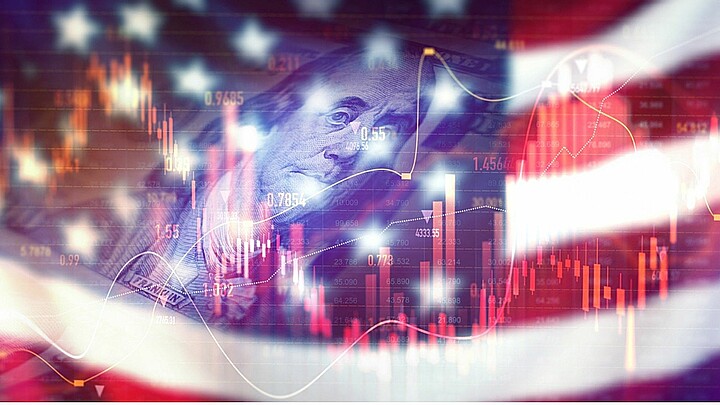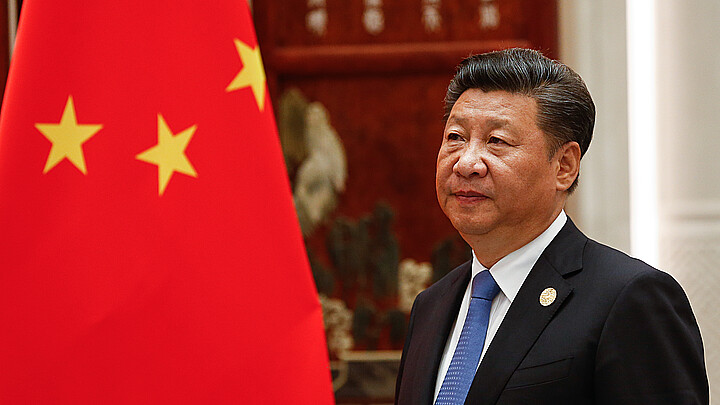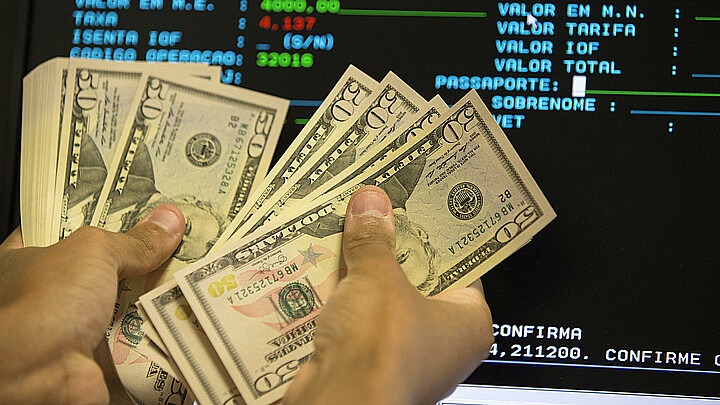Business
POLL: 75% of Fortune 500 CEOs believe a recession is inevitably on the horizon
“If you look at history, there has never been a moment when inflation was above 4% and unemployment was below 5% when we did not have a recession within the next two years,” Summers said
May 24, 2022 4:33pm
Updated: May 25, 2022 9:18am
Rapidly falling stock prices – driven by pessimism about the U.S.’ economic outlook and exacerbated by the ongoing war in Ukraine – has raised concerns amongst economists that a recession could arrive sooner than previously anticipated.
Although markets breathed a collective sigh of relief last spring as profits and revenues appeared to bounce back after the coronavirus lockdown, Fortune’s recently released 2022 Survey of Fortune 500 CEOs has revealed a startling reality: 75% of those polled indicated that they expect the United States will be in a recession either this year or next.
According to American CEOs, at the moment the top threats to their businesses include talent shortage (24%), inflation (21%), recession (21%), geopolitics (15%) and cybersecurity (13%).
Fortune’s findings – although shocking – are not new, however, and business leaders and economists have long warned of a looming recession.
An April 2022 Wall Street Journal survey found that economists polled by the outlet put the probability of an economic downturn over the next year at 28%, while a May National Association for Business Economics poll showed that the median expectation is for U.S. growth to slow to 1.8% year-over-year in the fourth quarter.
But some economic heavy-hitters have also weighed in on Biden’s attempts to mitigate unprecedented rates of inflation.
In Feb. 2021, acclaimed Harvard economist and former Clinton-era Treasury Sec. Larry Summers published an op-ed in The Washington Post warning that President Joe Biden’s $1.9 trillion COVID-rescue package could lead to a serious inflation problem if safeguards weren’t put in place.
Later, in December, Summers took to Twitter to blast the Biden administration's antitrust crusade, warning that it is adding to the nation’s inflation crisis – not alleviating it.
“Hipster Brandeisian antitrust, with which the Admin and its appointees flirt, is more likely to raise than lower prices,” Summers Tweeted on Sunday, after accusing President Biden of “science denial” when it comes to his approach to tackling inflation.
“The emerging claim that antitrust can combat inflation reflects ‘science denial,’” said Summers. “There are many areas like transitory inflation where serious economists differ. Antitrust as an anti-inflation strategy is not one of them.”
Biden and his economic team, however, have continually argued that a lack of competition in certain sectors has artificially raised prices, and the administration is currently investigating the meat, oil and retail industries for potential anti-competitive practices, The Washington Times reported.
Summers, on the other hand, has insisted that instead of cracking down on consumer industries, the administration should reduce its emphasis on buying American-made products. Ultimately, he believes that procuring cheaper, foreign-made goods, lowering tariffs and reducing red tape on business would lower prices.
“In general, when government goes to war with industries, it discourages investment and subsequent activity,” Summers wrote, adding, “If, for example, Walmart had been stopped from expanding, or Amazon had been kept from entering new markets, prices would be higher, not lower today.”
Summers also added a historical perspective by noting that there has been little change in corporate consolidation as inflation soared to its highest level in 40 years.
The renowned Harvard economist once again spoke out about the inflation crisis last month when he warned that a recession within the next two years is “the most likely thing.”
In an interview with Bloomberg, Summers attacked the Federal Reserve’s focus on engineering a “soft landing” for the economy – warning that the reality of the situation is much more grim.
“If you look at history, there has never been a moment when inflation was above 4% and unemployment was below 5% when we did not have a recession within the next two years,” Summers said.










